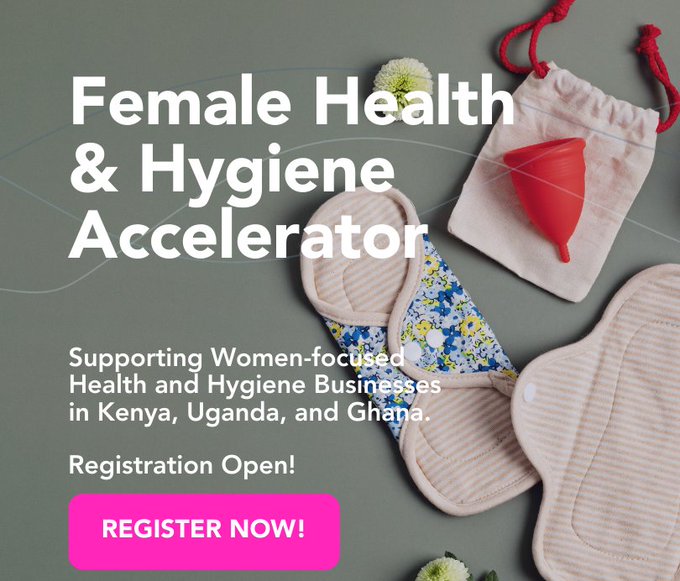
2019 The United Nations Secretary-General’s Peacebuilding Fund’s Gender and Youth Promotion Initiative
Deadline: May 20, 2019.
The United Nations Secretary-General’s Peacebuilding Fund’s (PBF) Gender and Youth Promotion Initiative #GYPI is an expression of the Fund’s commitment to inclusive peacebuilding. It supports the empowerment of women and the advancement of gender equality and recognizes the role of young people as central to the relevance and effectiveness of PBF’s overall peacebuilding portfolio.
ELIGIBILITY
1. The call for proposals is open to UN Agencies, Funds and Programmes and CSOs in countries declared eligible by the Secretary-General to receive PBF funding in 2019:Burkina Faso, Burundi, Central African Republic, Chad, Colombia, Côte d’Ivoire, Democratic Republic of the Congo, El Salvador, Guatemala, Guinea, Guinea Bissau, Kyrgyzstan, Liberia, Madagascar, Mali, Myanmar, Niger, Papua New Guinea, Sierra Leone, Solomon Islands, Somalia, South Sudan, Sri Lanka, The Gambia and Yemen.
2. This year’s call for the GYPI solicits proposals from both civil society organizations (CSOs) and UN Agencies, Funds and Programms (UN AFPs).
3. For CSO applicants: In order to be declared eligible to receive PBF funds under GYPI 2019, CSOs must be assessed as technically, financially and legally sound by the PBF and its Agent and meet ALL the following conditions (proof will be required at application stage 1):
- Have current valid formal registration as non-profit, tax exempt organization with a social based mission in both the country where the headquarters is located and in the country of project implementation, for the duration of the proposed grant. (NOTE: If registration is done on an annual basis in the country, the organization must have the current registration and obtain renewals for the duration of the project, in order to receive subsequent funding tranches).
- Have previously received funding from the PBF, UN, or any of the contributors to the PBF in the country of project implementation.
- Provide latest annual report that includes the activities in the country of proposed project implementation.
- Provide audited financial statements of the last two years (2018 and 2017), including: 1) The legal organization that will sign the agreement (and oversee the country of project implementation, if applicable); 2) The signed auditor opinion letter. The letter from the auditor should also state whether the auditor firm is designated as a nationally qualified audit firm; and 3) The activities and budget of the country of project implementation. (NOTE: If the audited financial statements do not clearly include the activities and budget of the country of project implementation, please provide the latest two audit reports for a programme or project-based audits in the country of project implementation from the last two years).
- Demonstrate an annual CSO budget in the country of proposed project implementation in the last two years (2018 and 2017) that is at least twice the annualized budget sought from PBF. (NOTE: Annualized PBF project budget is calculated by dividing the PBF project budget by the number of project duration months and multiplying by 12).
- Demonstrate an annual budget in the last two years (2018 and 2017) in the country of project implementation of at least $400,000 (to request the smallest available grant, which is $300,000).
- Demonstrate at least 3 years of experience in the country where grant is sought.
- Provide an explanation of the CSO’s legal structure, including the specific legal entity which will enter into the legal agreement with the MPTFO for the PBF grant.
APPLICATION
Your project:
- Applications can be submitted in English or French.
- Must be completed within 18 months of the operational start-up date. There is no minimum duration.
- Must plan and budget sufficient resources for M&E and a final, independent evaluation.
- Must be innovative in the specific context.
- Must be based on a sound gender and/or youth sensitive conflict and risk analysis and associated mitigation strategies.
- Must be prepared together with local partners, especially local/national CSOs.
- Must support the achievement of the countries’ peacebuilding strategy and show how the planned interventions will influence social and political peacebuilding processes and contribute to Sustaining Peace.
OFFICIAL LINK



